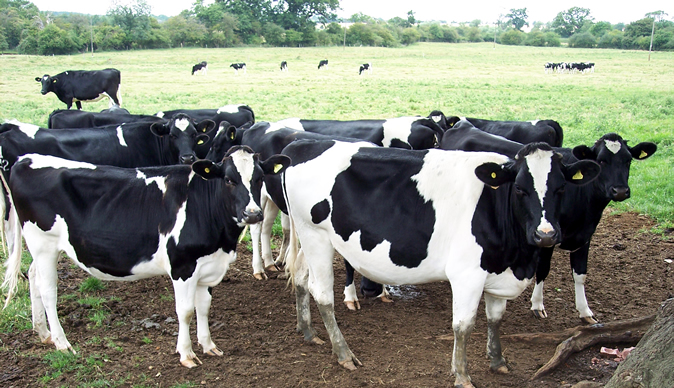



The number of cattle that has succumbed to the drought has soared.
CATTLE producers have been urged to destock by selling unproductive livestock as the El Nino-induced drought takes its toll on livestock in the country.
As the pastures continue to decrease in areas such as Masvingo, Matabeleland South, some parts of Matableland North, southern parts of Manicaland and the southern side of Midlands, there is need for supplementary feeds for the livestock.
During the previous season, the national beef cattle population increased from 5,4 million to 5,5 million, with more than 90 percent of cattle mostly found in the smallholder sector. But erratic rains in cattle producing regions 4 and 5 have resulted in a lot of pressure being exerted on the available pastures especially in Matabeleland South, where droughts have affected the availability of natural fodder.
Experts believe that the unavailability of pastures and fodder may result in high stock feed prices and high livestock mortality rates.
Besides the drought, Matabeleland province is also facing a foot and mouth disease (FMD) crisis and cattle cannot move from the southern parts to the northern parts of the country.
Zimbabwe Commercial Farmers’ Union president, Wonder Chabikwa, said the national herd was under threat from hunger and disease.
“We urge all farmers to destock their herds and remain with a herd that is manageable. They should remain with the nucleus only but already for farmers in the south there is a huge challenge even if a farmer wants to move their herd to the northern parts of the country, they cannot do so because of FMD.
“The disease has become a huge impediment in trying to mitigate the effects of the drought on livestock,” Chabikwa said.
There is fear that the call to destock may fall on deaf ears as cattle remain symbols of wealth for many especially the small scale farmers. Reducing the number takes away the status and prestige one commands in society.
“Despite the wealth associated with the cattle, farmers should destock and sell all unproductive stock,” said Chabikwa.
Access to markets has been difficult for many people in rural areas where the spread of FMD remains a challenge such that private abattoirs are offering farmers in drought-stricken areas non-viable prices for their livestock.
“Farmers should have moved the cattle to areas with pastures. Now farmers are forced to sell their cattle for a song because they are desperate and cannot watch their livestock succumb to drought.
“It is better for farmers to sell than leave the cattle to die. It is better to get the little money and buy food than watch the cattle dying,” Chabikwa said.
Some private buyers have taken advantage of this inability to move cattle to areas where they can fetch better prices by offering the desperate farmers low prices for the cattle.
Previously, the introduction of programmes such as the Enhanced Drought Relief and Livestock Mitigation Programme by government has been able to minimise the impact of the drought on the national herd.
“Measures should be put in place to minimise the impacts of the drought on both human beings and animals considering the water sources in these drought prone regions have depleted,” Chabikwa added.
“FMD has virtually shut down the beef industry in Matabeleland resulting in the shutdown of sales and some of our private abattoirs.
“The current outbreak is now driven primarily by cattle to cattle contact outside of the historical red zones instead of the cattle to wildlife contact.”
newsdesk@fingaz.co.zw
Follow us on Twitter on @FingazLive and on Facebook – The Financial Gazette